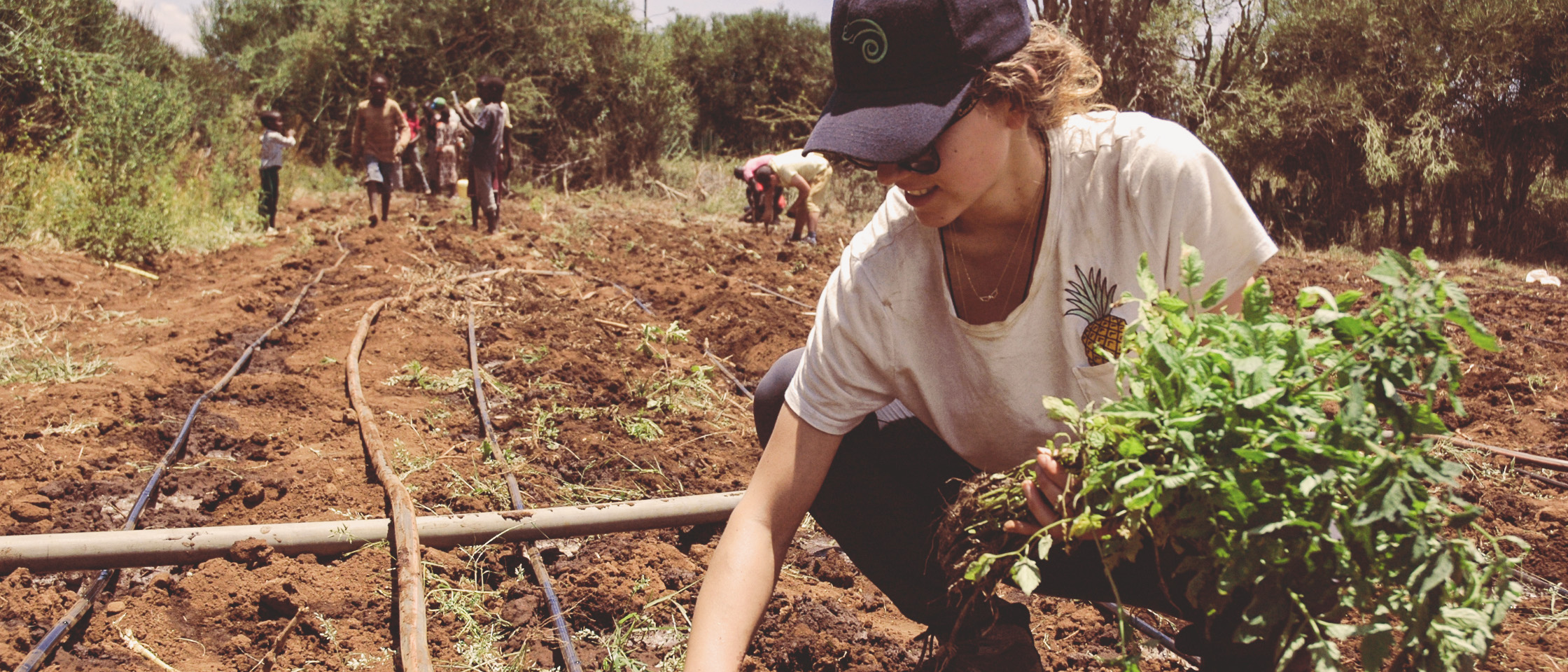We know in the current climate Covid is causing a chaos of uncertainty among school leavers, but there are no reasons why you should not be able to do something valuable and exciting this year…and do you really want to start your uni life experience from your bedroom?

Here at Culsans, we firmly believe in gap years – if spent correctly. A gap year is ‘constructive use of time between life stages’ NOT getting pissed with your school mates for 6 months on an unadventurous beach in Thailand. Sorry….but let’s be real here.
So how do you make a gap year worthwhile?
We advise splitting your year into 4 sections of 3 months – as a starting point. This gives you 4 good chunks of time to do different things, which combined, should give you a really strong multi-skill base. For example:
Section 1:
July/Aug/Sept – Party, work experience, online courses
Don’t forget that you have just been studying for the best part of 14 years. Letting your hair down and giving yourself a mental break is really important. Spend time with your mates and appreciate them and then combine this time with some work experience in totally different sectors. This gives you the opportunity to discover other possible career paths and test the water for things you believe you are already interested in. Online courses or cookery courses are other great things to get involved with. It shows you have strong time management and commitment skills while also giving you added qualifications in different areas. Have a look at TEFL or coding courses for a start.
Section 2:
Oct/Nov/Dec – Full time paid job
For me, this was one of the best parts of my gap year. I was making money and friends and felt an immediate gain of independence. Making your own money is such a liberating feeling – and you are so much more interested and careful about how you spend it. You have to have a good CV, albeit with not much on at this stage, you can still make it look professional and highlight skills through other life experiences. Hand out CV’s in person if possible, with a smile, and always chase them up with a phone call 2 days later. That means, you have to know who you are giving your CV to! Don’t walk away without the Manager’s full name. A job means you can bring in your own income while also gaining professional experience. It’s a no brainer so get looking. Not sure where to start on this? Get in touch or read our other blog post: ‘How to make money on your gap year.’
Section 3:
Jan/Feb/Mar – Philanthropy or specialist skill development
New year new you. This is the perfect time, having raised some cash, for you to go and better yourself. Be that training to become a ski instructor or a skip on a yacht, volunteering for a charity, helping communities or school children, engaging in conservation based programmes such as Culsans….there any many many options here. The key is to research the project properly. Do you have a natural interest in it and can it help towards what you want to study at uni? Some OCs have gone on to study Geography and Biology and have found their hands-on experience helped project them among their peers. When researching projects, make sure you speak to the company directly and ask the right questions, such as: What is your company mission? What percentage of costs go to local communities? Do you personally host the trip? What qualifications will I get and where are they recognised?
Section 4:
April/May/June – Explore the world and develop an enterprise
So far during the course of this year you have partied, tested out various industry environments, developed a number of additional qualifications in new areas, have become a professional, have mastered a new skill completely or been part of a larger philanthropic movement. In short, you have already transformed. Now is the time, with the skills and maturity you have gained so far, to go off and adventure. Find a country you know nothing about, buy the corresponding Lonely Planet book and get planning. And you don’t always have to go a million miles from home. There are a number of amazing opportunities and experiences right here in the UK.
Need more money? It should be way easier this time round. You can either go back to the job you secured beforehand, or you can set up your own personal enterprise. Who knows, you might wish to work in partnership with some of the people and communities you met during your philanthropic months.





